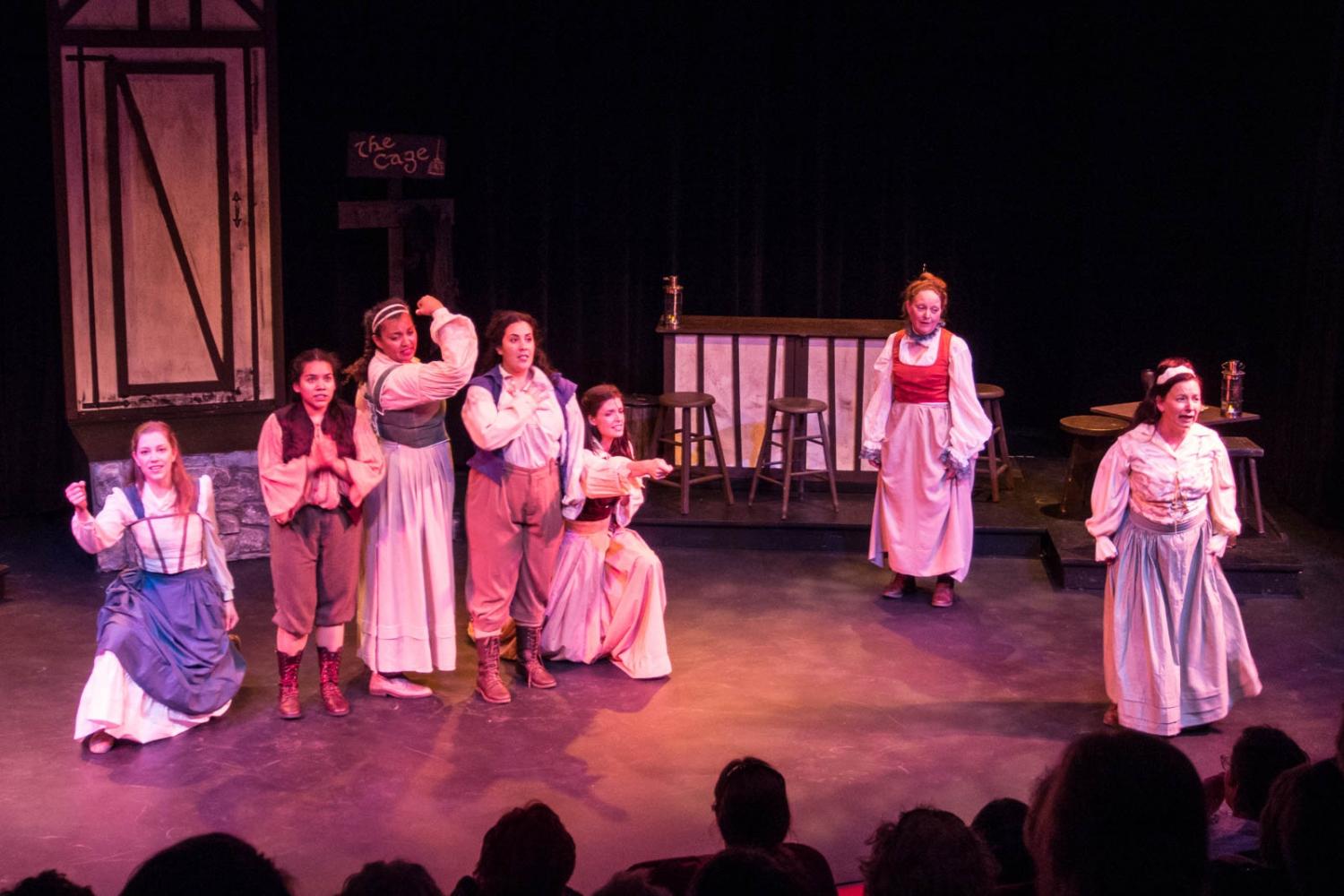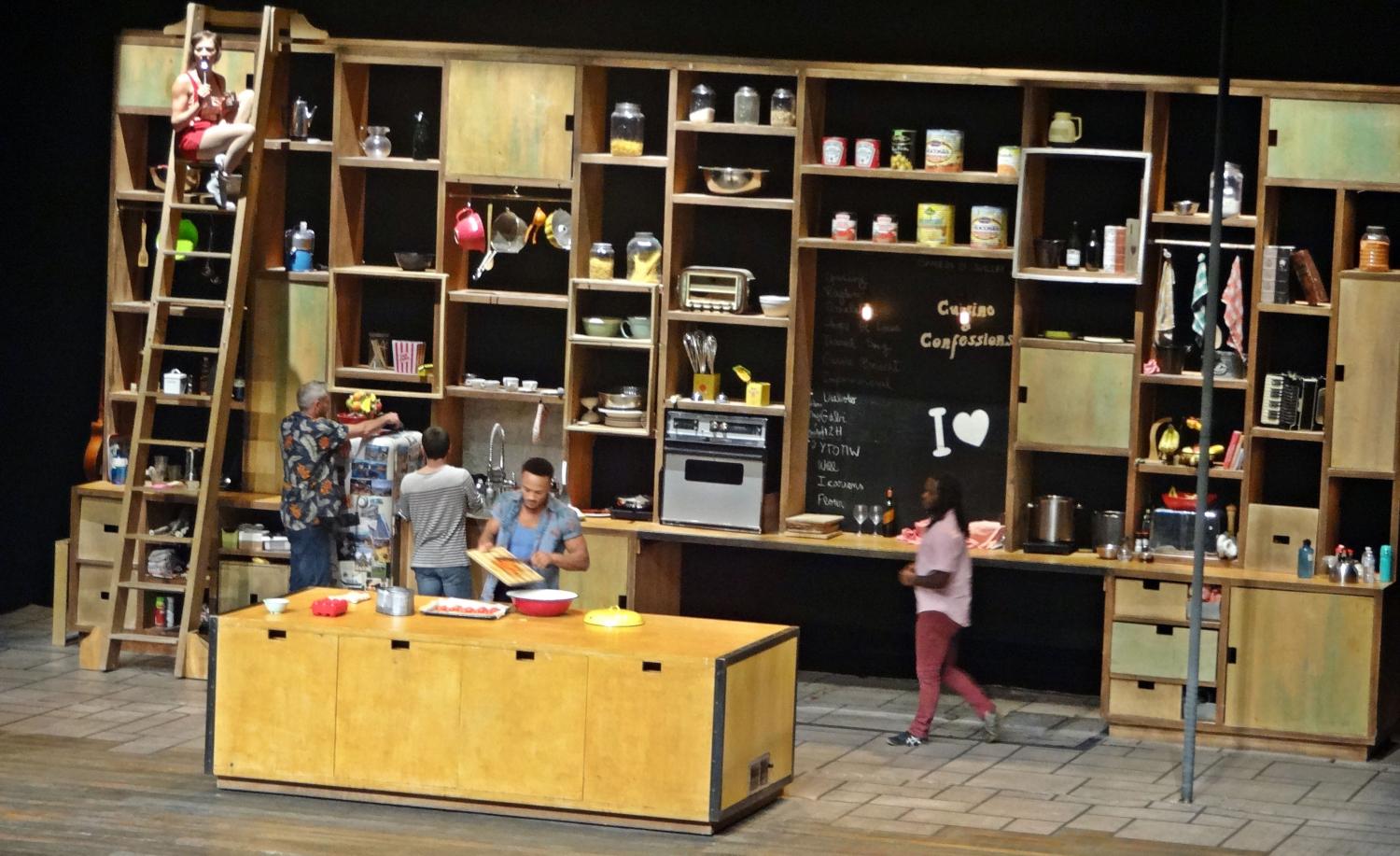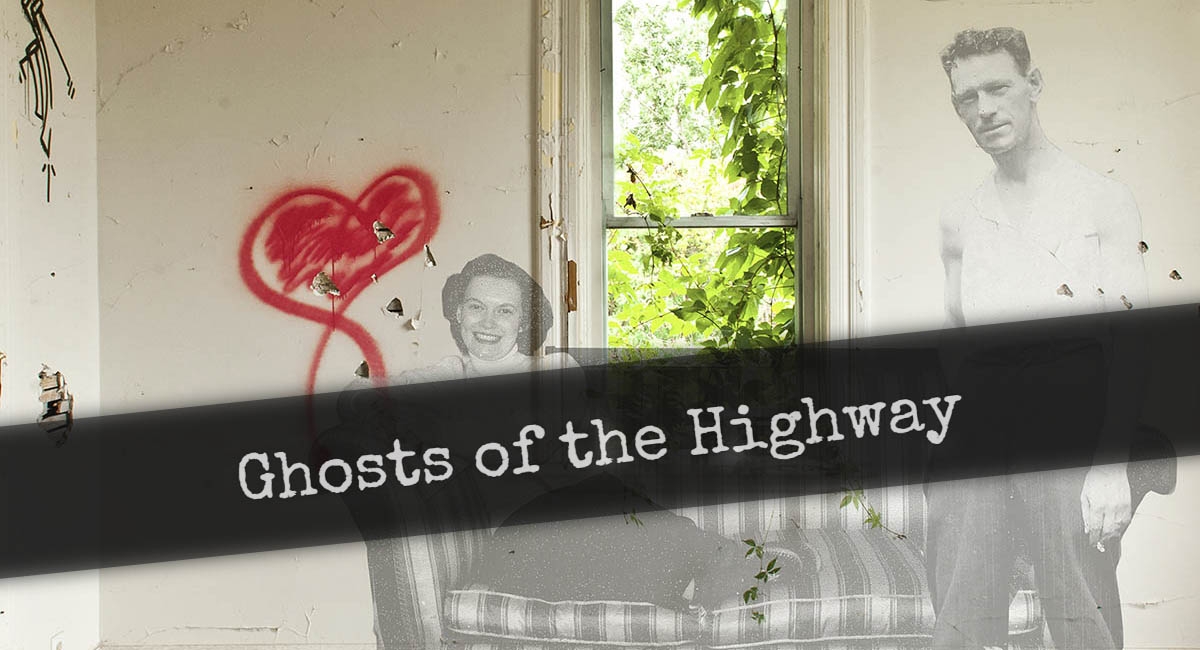
Miss Shakespeare is Not to be Missed
Photo credit: Andrew Alexander
It was symbolic that the latest Gladstone show opened on the 100th anniversary of when women got the federal vote in Canada, particularly given the play Miss Shakespeare is about girl power in Elizabethan times when there were basically no women’s rights. (I always find it fascinating how the Queen, Queen Elizabeth 1, was a powerhouse who went on to become one of the most successful monarchs in history. However, regular women were powerless.)
Miss Shakespeare is an interesting take on Elizabethan theatre and fun exploration. The play follows the ambitions of one Judith Shakespeare, aspiring playwright, attempting to mount a play. Both were against all the rules. Women didn’t act, women didn’t write plays and women didn’t perform.
Judith Shakespeare was in fact the younger daughter of William Shakespeare. She is the forgotten daughter of the Elizabethan giant, as Susannah her sister is the more well-known sibling. Judith was the twin sister of Hamnet, Shakespeare’s son who died at age 11, leaving him devastated and the relationship between Judith and her father was strained. Little else is known about Judith other than Susannah was the favoured offspring of their father.
That is why it is interesting that Tracey Power who wrote the book upon which the play is based, chose Judith as the protagonist.
There is some other biographical content in the play that includes Judith’s marriage to Tom Quiney and the disgrace he experienced for knocking up another woman before marrying Judith. (Mother and child died in childbirth.)
In Miss Shakespeare, Judith enlists women around the hood to clandestinely produce a play about Atalanta, a virgin huntress, unwilling to marry but loved by the hero Meleager. They meet in a tavern run by Quiney (we was in fact a vintner).
Everything is clever about this play and everything about Miss Shakespeare explores the theme of women, their power, or lack thereof, and then overcoming challenges. The play touchingly explores the relationships of the women, their trials and tribulations and their friendships.
In the end, the play makes it to the stage with a few twists.
The fact that author Tracey Power chose Atalanta’s story as the basis for Judith’s play is fascinating, and mirrors Queen Elizabeth’s life, and perhaps Judith Shakespeare’s herself to a degree. Atalanta was the daughter of King Iasus, who wanted a son and when Atalanta was born, he left her on a mountaintop to die. Hunters found and raised her, and she learned to fight and hunt. She took an oath of virginity to the goddess Artemis, mirroring Queen Elizabeth 1. She was born to King Henry VIII who desperately wanted a son but ended up with a bunch of daughters. In the end it was Queen Elizabeth who ascended to the throne and she took an oath of celibacy after being deceived by men.
The play is humorous, endearing and a lovely piece of theatre with lots of meat, even though that may not be obvious at first. You don’t need to know all the details but knowing them makes the play all the more interesting. The music is phenomenal. Leah Cogan (Judith) has an absolutely beautiful voice. It is always great to hear Wendy Berkelaar play piano. The cast works well together. If you can, catch it before it closes on June 2.









